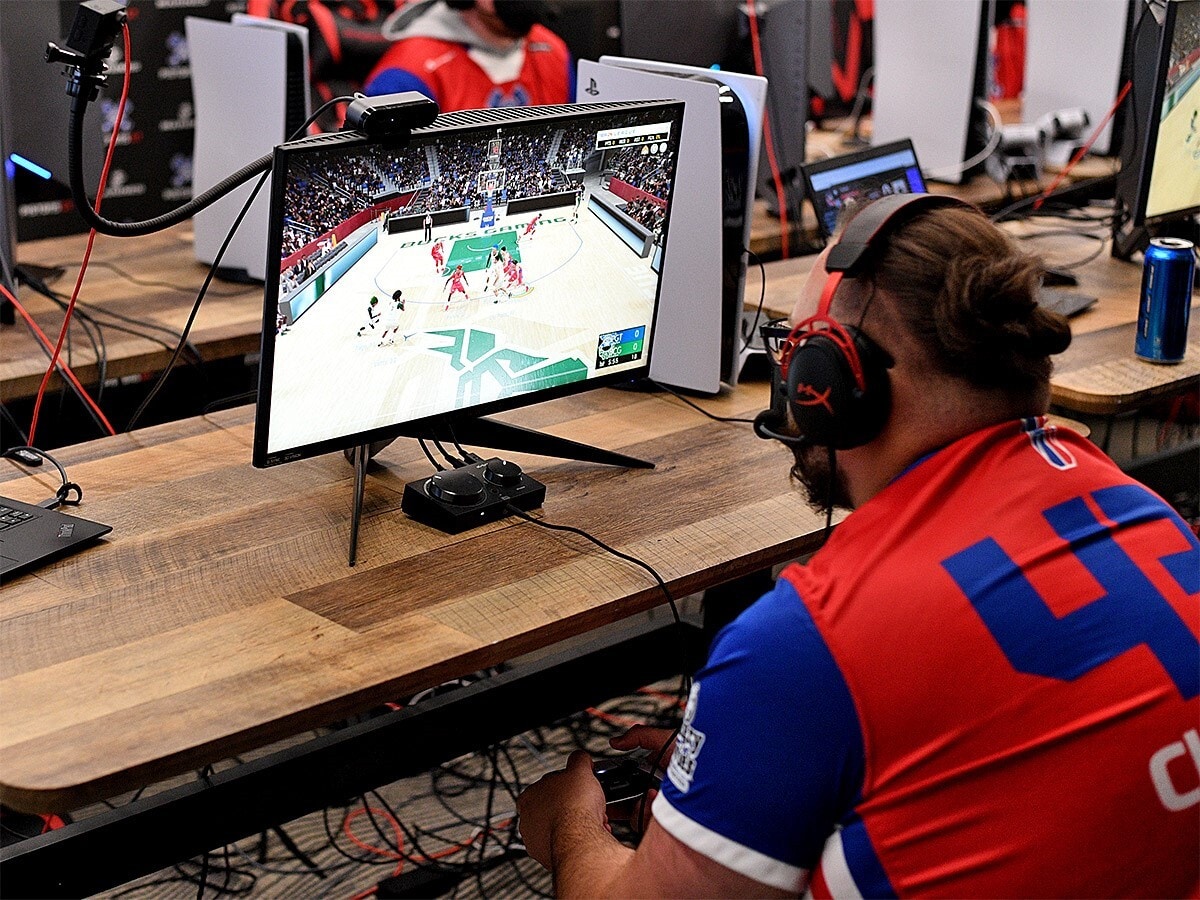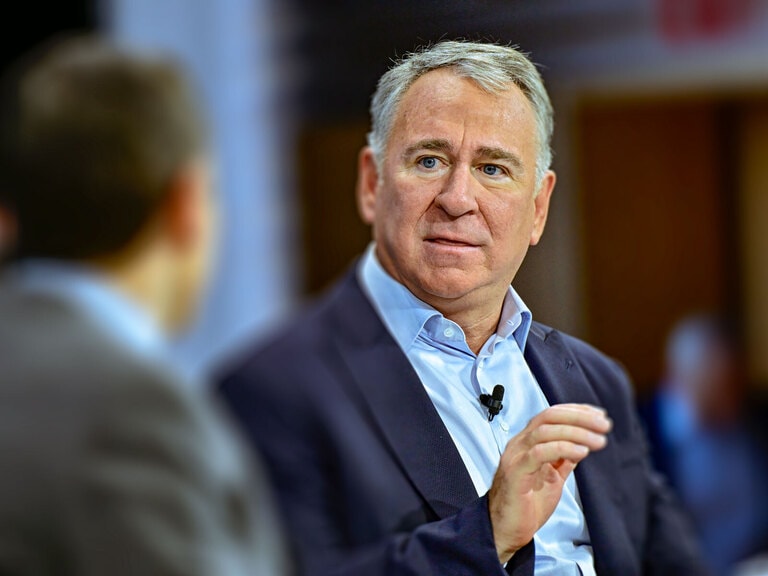The VanEck Vectors Video Gaming and eSports ETF [ESPO] has been on a losing run since February, as the bounce in demand from the coronavirus pandemic fades. But increasing demand for mobile gaming could be signalling a rebound.
After hitting a 52-week low of $57.93 during intraday trading on 8 September 2020, the VanEck Vectors Video Gaming and eSports ETF's share price surged 40.5% to an intraday high of $81.39 on 16 February driven by an increased demand for videogames amid lockdowns.
Since then, the VanEck Vectors Video Gaming and eSports ETF has dropped 21.7% to $63.70 at the close on 13 May amid an easing of lockdowns. The re-opening of venues such as cinemas, sports stadiums and bowling alleys hit investor sentiment in indoor entertainment stocks.
Growing mobile games revenue
According to data released by the NPD Group, US videogame sales in January, February and March increased by 42%, 35% and 18%, respectively, showing a clear slowdown.
John Patrick Lee, product manager at VanEck, says the biggest risk to the industry is the return to “normalcy”. “There's a concern that once people have the option to go to the movies instead of playing video games that they're going to stop playing,” he told Investor’s Business Daily.
However, the NPD second quarter figures seemed to suggest that these fears are misplaced. They revealed that US video game spending is up 2% year-over-year at $14bn.
“Spending in mobile games remains elevated, showing signs of a continuing lift from the surge of new players who flocked to the category beginning in the second quarter of 2020,” Randy Nelson, head of mobile insights at Sensor Tower said in the report. “Thus far, we see no indication that spending, or usage has diminished as consumers have begun their return to life in a post-vaccine world.”
This has helped the VanEck Vectors Video Gaming and eSports ETF recover – the fund is up 10.1% in the past 12-months at $67.92 on 30 August. However, the ETF’s, which was launched on 16 October 2018, year-to-date daily total return was down 3.56% as of 30 August.
Surging videogame sales
The VanEck Vectors Video Gaming and eSports ETF, which provides exposure to global companies involved in the development of videogames, esports, as well as related hardware and software, had 26 holdings as of 30 August.
Advanced Micro Devices [AMD] had the biggest weighting with 9.81%, followed by Nvidia [NVDA] with 9.48%, Sea [SE] with 7.2% and Tencent Holdings [0700.HK] with 6.55%. Other holdings include games makers Roblox [RBLX] with 4.43% and Electronic Arts [EA] with 4.43%.
Nvidia’s year-to-date share price surge of 73.8% (through 30 August) has helped lift the fund after it recently posted a 68% increase in sales to a record $6.51bn in the second quarter of fiscal year 2022, driven by an 85% leap in gaming revenue to $3.06bn.
And while shares in Electronic Arts have been flat in the same period, the company said first quarter revenues rose 6.3% year-over-year to $1.55bn, helped by demand for its events and esports games, including Madden NFL.
Will the China crackdown affect gaming shares?
However, not all gaming stock have been boosted by strong sales. Chinese gaming giant Tencent Holdings has seen its shares plummet 17.4% in the year-to-date (through 30 August) after regulators in the region tightened gaming rules for children.
Whether this action is mirrored in other countries is unclear amid continued concerns over the impact of excessive videogaming on health and fitness, especially of younger users.
Despite this, the end of lockdown, semiconductor supply squeezes and potential pressure on consumer spending in an economic downturn, the outlook for gaming and esports looks strong.
According to Mordor Intelligence, the global gaming market is set to climb from $173.7bn in 2020 to $314.4bn by 2026. “Adoption of gaming platforms, such as esports, drives the market. Esports are witnessing substantial market demand in the current market scenario and are thus driving the overall gaming industry across the globe,” stated Mordor. “The gaming market is growing with the increasing per capita income, growing interest, and the rising number of dual-income households… With the increasing usage of smartphones and consoles and cloud penetration, the market shows high potential growth in the future."
Continue reading for FREE
- Includes free newsletter updates, unsubscribe anytime. Privacy policy





